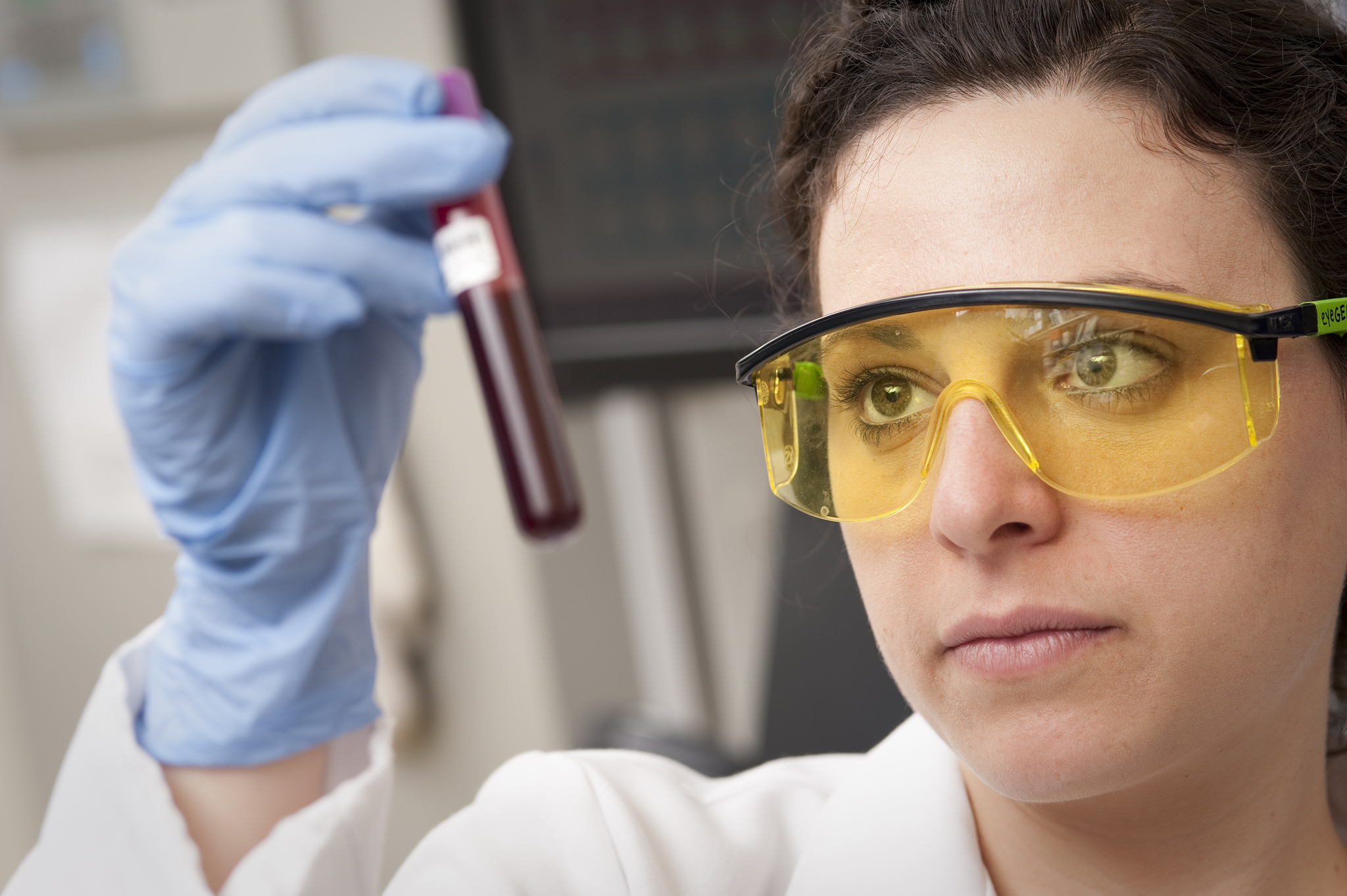New Study Says Cancer Could Be Detected by a Simple Blood Test
Let's hope this study holds up to scrutiny.

Screening for non-specific cancer is difficult because cancer is really just a catch-all term for very different diseases with a range of causes, symptoms, and treatments. A new study says researchers have found a common factor and a simple blood test can be used to screen patients for hundreds of types of cancer at once, but there is a drawback.
The study claims the test can tell if a patient has cancer, but it can’t tell which cancer. A positive result could confirm a cancer diagnosis, but doctors would still have to determine the source. That makes it a useful test, but it still falls short of tricorder-level medical amazingness. Still, it could easily open up cancer screenings to more patients, and once detected doctors can work with patients to narrow down the search with more tests.
This new test is called the Lymphocyte Genome Sensitivity test (LGS test) and it uses UV light to measurably damage a sample of genetic material from a patient’s blood sample. The damage to the sample was measured with gel that separated the damaged bits of DNA out by size. The study showed that samples from cancer patients regularly took more damage from the UV light than healthy patients, so using an LGS test on a patient who doctors think may have cancer could show they have the weakened genetic material seen in cancer patients in this study.
The researchers used 200 patients for this initial study, and more work has to be done to determine the viability of the test as a practical detector of cancer in patients. Cancer is also not the only possible cause for the type of damage that shows up in the LGS test, so doctors would still have to rule out those other potential causes. The study also needs to be verified and replicated by other teams before the test could even hope to be adopted as an accepted medical practice, but these early results are promising that easy, safe cancer detection could be on the horizon.
(NCBI via Geek.com, image via National Eye Institute)
Are you following The Mary Sue on Twitter, Facebook, Tumblr, Instagram, & Google +?
Have a tip we should know? tips@themarysue.com